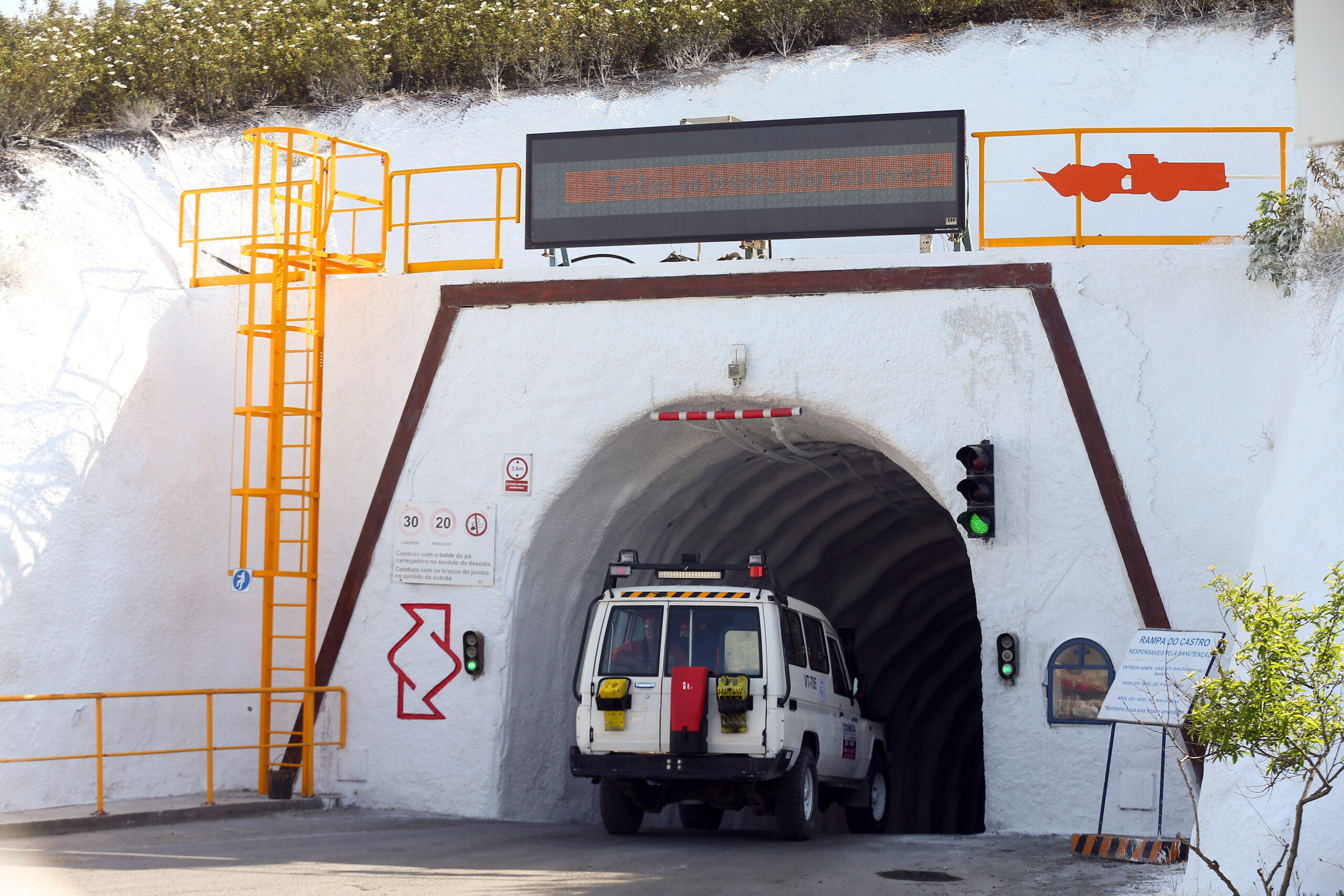There is huge potential for the spread of mobile and internet-based telecommunications services in Africa. Regional market leader Uganda Telecom Ltd is required to invest heavily in management, infrastructure and technology improvements to increase its share of the market.
Twenty-first century telecommunications services are expanding rapidly across Africa, and Uganda is no exception. The country’s leading telecoms services provider, Uganda Telecom Ltd (UTL), was launched just 12 years ago as part of the government-owned Post Office. Now, 69 per cent owned by the Libyan African Portfolio Investment company and 31 per cent by the government of Uganda, UTL operates as a standalone company, currently under the full caretaking of the Ugandan Government due to the situation in Libya.
In a short space of time it has established the country’s most comprehensive copper and fibre-optic fixed line network; it has the largest market share in data and ISP services, and it is ranked fourth for mobile communications provision with 2.5G and limited 3.5G GSM technology as well as CDMA / Wi-Max mobile and ADSL technology.
“Our strategy is to continue growing our position as a total solutions provider for data and voice communications across GSM, ISP and fixed line,” says COO Stanley Henning. The current year has been one of significant investment in technology and infrastructure, (3.5G HSUPA Rollout & SeaCom) but perhaps the most far reaching initiative has been to completely restructure and decentralise the operational functions of the business to five autonomous regional offices in the north, west, east, central and south-west of the country. The aim is to create what Henning calls ‘in-the-territories’ services provision for the customer. “Each region of Uganda is unique, both geographically and culturally, so we want to service our customers from within the region and not from head office,” he explains.
Each regional office—headed up by an autonomous regional manager—now manages its own technical, commercial, financial, marketing and stock warehousing services, leaving just the auditing and HR functions at the head office in Kampala. The staff all speak the regional language or dialect, understand the regional customs and local council or municipality procedures, and crucially, from a service delivery perspective, they know the local geography.
“The greatest benefit for us is from a business relationship perspective,” Henning says. “We will operate much more efficiently and cost effectively if we’re closer to the customer and our staff have no cultural bridge or language barrier to cross.” During this first year, as the new service beds in, there have been both benefits and challenges. Firstly, operational costs have fallen as services are delivered locally. Secondly, where stock is now delivered to the regional warehouses on a monthly basis, there have been significant cost reductions and efficiency gains. “The big learning curve, however, has been how to empower, train and educate our regional engineering staff, and bring them up to speed with the latest GSM technology,” he continues.
After performing a full job skills evaluation and auditing the skills levels of the existing staff, a full programme of training was initiated through the training department at head office. “It’s been difficult, and it’s not complete yet. But I believe all our GSM engineering staff will be at the right level by the end of the year.”
In parallel with re-organising the company, UTL has continued its strategy of investing in infrastructure and technology. High capacity fibre optic connection to Europe is achieved via an agreement to use the Seacom undersea cable, and this is accessed via the fibre networks of neighbouring countries Tanzania and Kenya. But the company is in discussion with Seacom to provide connectivity to its neighbours to the west—Rwanda, DRC, Burundi and South Sudan. And in preparation for this, the nationwide fibre-optic cable network is being upgraded and improved, and particular attention is being paid to connectivity to the west.
For UTL, GSM is the future of mobile technology, and the company is currently investing US$8 million in installing the latest 3.5G technology to 171 of its 500 base transceiver station (BTS) towers. Capable of transmitting data at 14.4Mbps, the upgrade provides a quantum improvement for customers accustomed to the 1.8Mbps speed of the current 2.5G system. “It’s like going from a Mini Minor to a Formula One racing vehicle, and will enable us to deliver much improved performance to our customers,” says Henning. “We should have the roll-out completed by the end of October this year.”
In addition to this, plans are being put in place to invest between US$100 million and US$150 million in the construction of a further 100 BTSs over the next 12 months. This will improve coverage to the outlying regions—particularly to the west of the country which is becoming the oil capital of Uganda; and the north, which is UTL’s traditional stronghold.
The company aims, however, to increase its nationwide coverage significantly by following the global trend of outsourcing non-core activities. Negotiations are underway to sell the current BTS tower network to a specialist tower operating company and then lease the use of a much larger array of towers on a co-location basis. Capital generated by the sale can then be reinvested back into the business. “We believe this outsourcing strategy will bring us cost and revenue efficiencies and enable us to broaden our footprint much more quickly and cost-effectively than we could achieve by building towers ourselves.”
Telecommunications technology is undoubtedly moving fast: almost in the time it takes to blink, new products appear on the market. To keep abreast of these developments, UTL works with a number of global technology partners who bring the latest and most appropriate products to the Ugandan market. UTL is currently introducing into the SME market, for example, small wireless routers from suppliers like Alcatel and Huawei which create building-wide wireless connectivity for up to 32 users and dispense with the need for fixed cable connectivity. But perhaps the most interesting new development is one that the customer is never likely to become aware of, but which has the potential to deliver significant operational efficiency and effectiveness. “We are embarking on piloting the use of solar-powered towers for our GSM network,” reveals Henning.
The company has already identified that the solar-powered mobile coverage does not extend for any great distance; but the scheme is likely to be of real value in rural areas where there is no available power supply. By installing solar power rather than diesel-powered generators, security and maintenance costs will be negligible while construction costs are likely to be at least 40 per cent lower.
Through a programme of continuous investment in technology, infrastructure and upgrades, UTL is maintaining its position at the forefront of the Ugandan telecommunications market. And looking into the future, Henning sees the company’s powerful data and ISP offerings as the great differentiator. “And there are enormous opportunities for growth,” he says. “Take-up on mobile voice services is still only at 31 per cent and from the data perspective, internet take-up is only five per cent. So we are very well positioned for financial or technology partners to come on board and help us take advantage of these opportunities.” www.utl.co.ug
DOWNLOAD
 UgandaTELE_OCT11_emea_BROCH_s.pdf
UgandaTELE_OCT11_emea_BROCH_s.pdf













